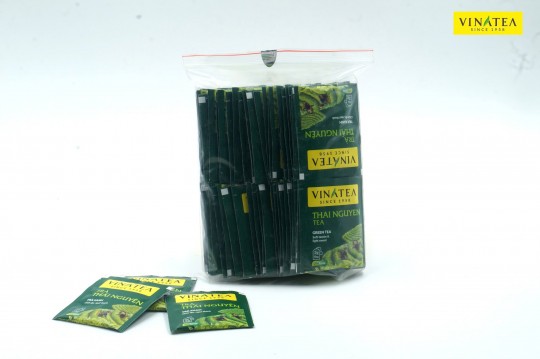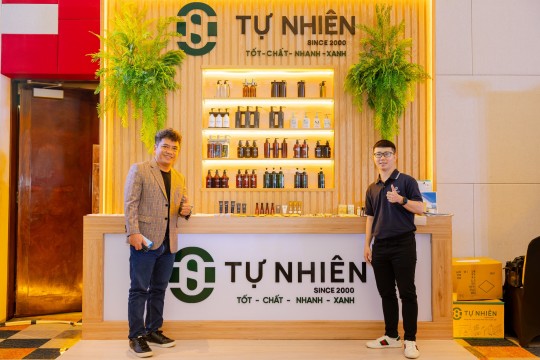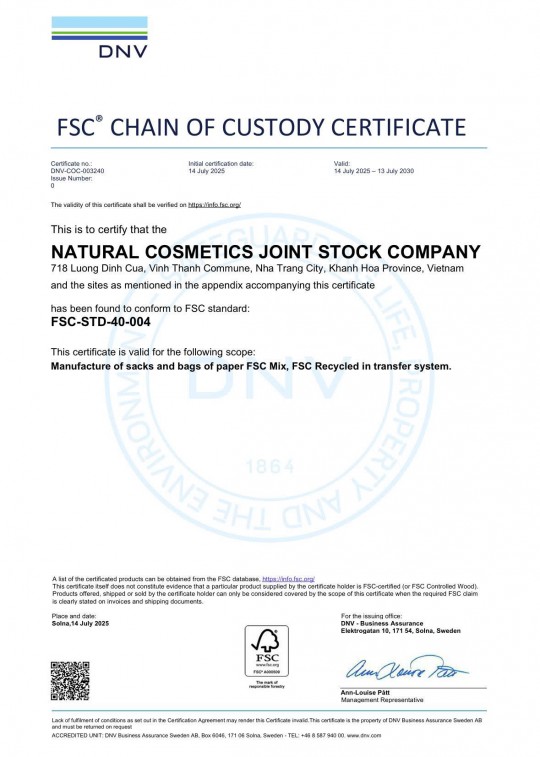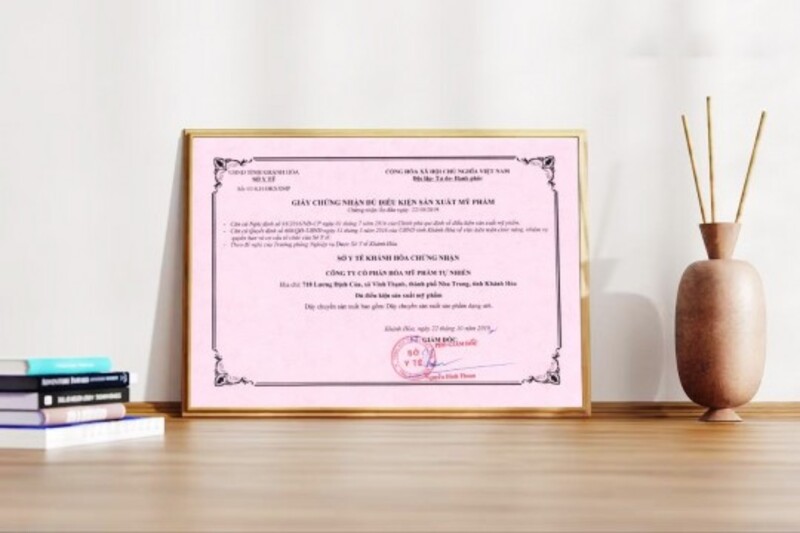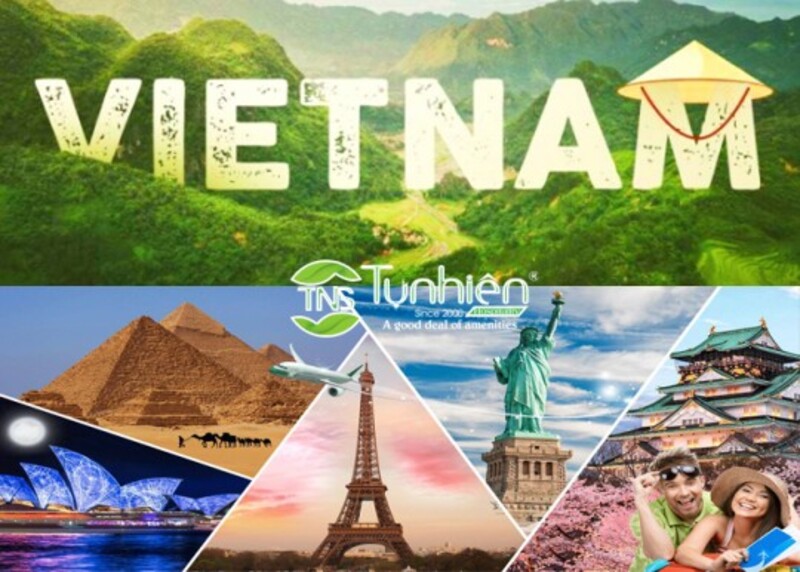Vietnamese Natural Cosmetic Suppliers and the Future of Sustainable Hotel Amenities
In recent years, there has been an increasing demand for sustainable and eco-friendly products in the hospitality industry. With travelers becoming more environmentally conscious, hotels are now striving to provide sustainable amenities to their guests. This has led to a rise in the popularity of natural cosmetics, which are not only better for the environment but also for our health. Vietnam, a country known for its rich biodiversity and traditional herbal remedies, is emerging as a top supplier of natural cosmetics for the hotel industry.
As the world moves towards a more sustainable future, it is important to explore the role of Vietnamese natural cosmetic suppliers and how they are shaping the future of sustainable hotel amenities.
The Rise of Vietnamese Natural Cosmetic Suppliers
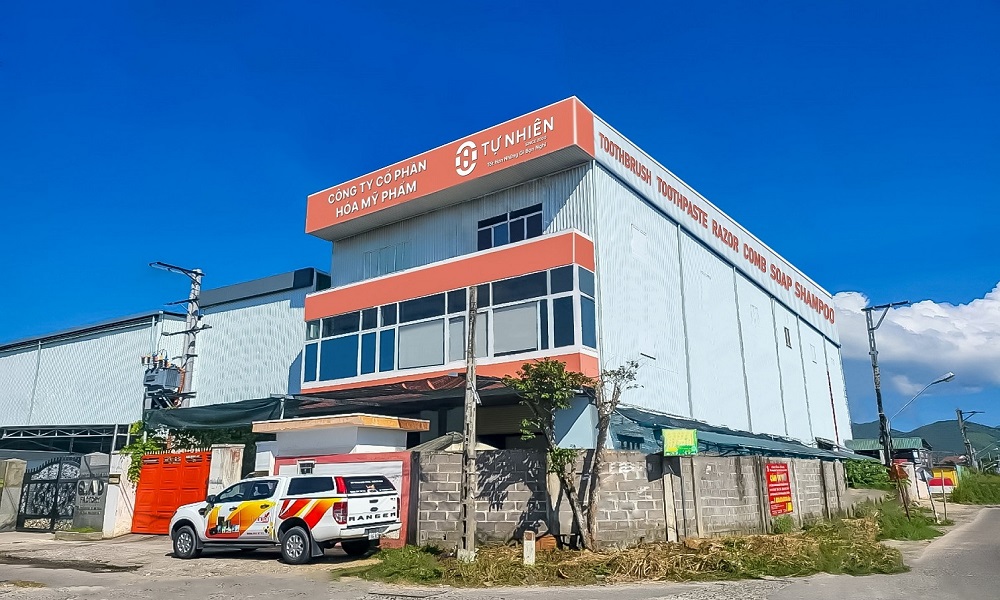
Vietnam, with its diverse flora and fauna, has always had a deep connection with nature and traditional medicine. This has paved the way for the country to become a leading producer and supplier of natural cosmetics. The use of natural ingredients such as herbs, fruits, and essential oils in traditional Vietnamese medicine has been passed down for generations, and now these practices are being incorporated into the production of natural cosmetics.
One of the main reasons for the rise of Vietnamese natural cosmetic suppliers is the growing global trend towards natural and organic products. Consumers are becoming more conscious about the ingredients in their skincare and haircare products, and this has led to a shift towards natural and plant-based alternatives. As a result, there has been an increase in demand for natural cosmetics, and Vietnam is well-positioned to meet this demand.
Another factor contributing to the growth of Vietnamese natural cosmetic suppliers is the country's strong commitment to sustainability and environmental conservation. The Vietnamese government has implemented policies and initiatives to promote sustainable practices in various industries, including cosmetics. This has created a favorable environment for the development of natural cosmetic businesses in the country.
The Benefits of Using Vietnamese Natural Cosmetics in Hotels
With the rise of sustainable tourism, hotels are under pressure to reduce their carbon footprint and adopt eco-friendly practices. One way hotels can achieve this is by switching to natural cosmetics in their amenities. Here are some of the benefits of using Vietnamese natural cosmetics in hotels:
1. Environmentally Friendly
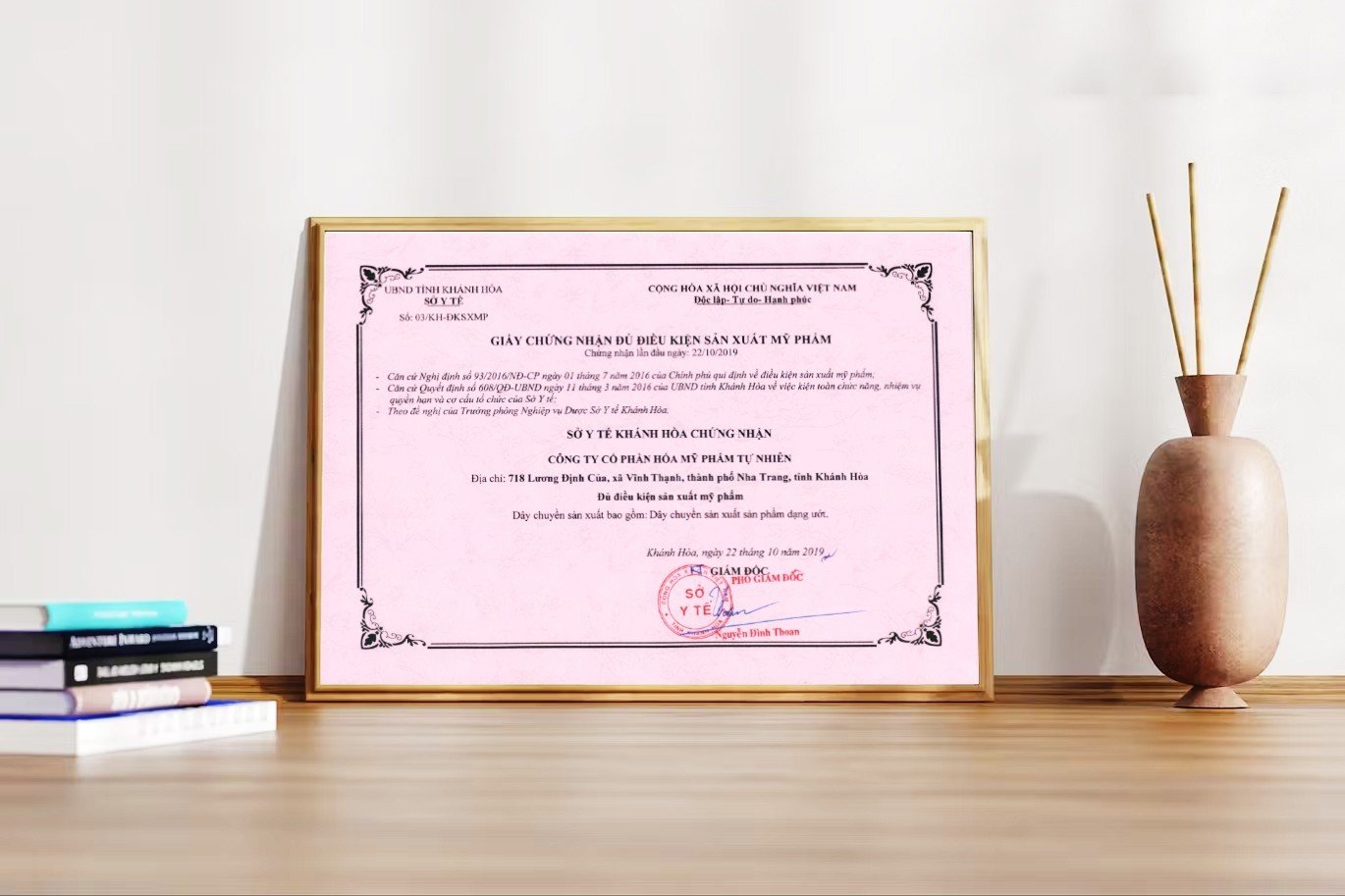
Natural cosmetics are made from plant-based ingredients that are biodegradable and do not harm the environment. This is in contrast to synthetic cosmetics that often contain harmful chemicals that can pollute the environment and affect marine life. By using natural cosmetics, hotels can reduce their impact on the environment and contribute to a more sustainable future.
2. Healthier for Guests
Many conventional cosmetics contain harsh chemicals that can have negative effects on our health. Natural cosmetics, on the other hand, are free from these chemicals and are gentler on the skin and hair. This makes them a safer and healthier choice for guests, especially those with sensitive skin or allergies.
3. Support Local Communities
By sourcing natural cosmetics from Vietnamese suppliers, hotels can support local communities and small businesses. This not only boosts the local economy but also helps preserve traditional knowledge and practices related to natural remedies and cosmetics.
4. Unique and Authentic Experience
Vietnamese natural cosmetics are often made using traditional recipes and techniques, giving guests a unique and authentic experience. Visitors to Vietnam are often drawn to the country's culture and natural beauty, and incorporating natural cosmetics into hotel amenities adds to this experience.
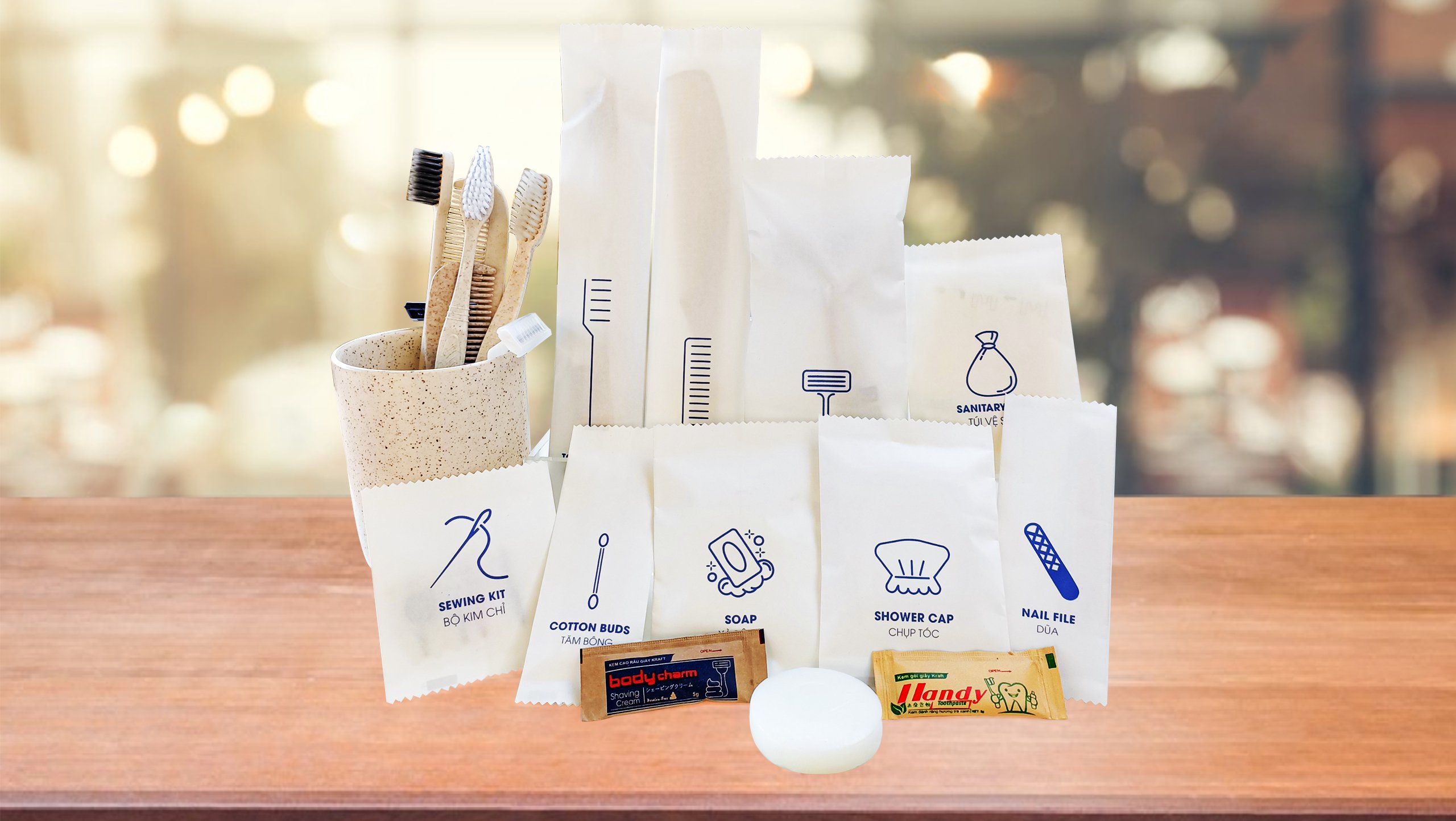
The Challenges Faced by Vietnamese Natural Cosmetic Suppliers
While the demand for natural cosmetics is on the rise, Vietnamese suppliers face several challenges in meeting this demand.
1. Lack of Infrastructure
One of the main obstacles faced by Vietnamese natural cosmetic suppliers is the lack of modern infrastructure. Many suppliers operate in rural areas, making it difficult to access transportation, technology, and other resources necessary for large-scale production and distribution. This limits their ability to meet the increasing demand for their products.
2. Limited Market Access
Vietnamese suppliers also face challenges in accessing international markets due to strict regulations and certifications required by different countries. This can be a barrier for smaller suppliers who may not have the resources or knowledge to navigate these requirements. As a result, they may miss out on potential business opportunities.
3. Competition from Large Corporations
As the demand for natural cosmetics grows, larger corporations are also entering the market. These companies have more resources and established networks, making it difficult for smaller Vietnamese suppliers to compete. This puts pressure on suppliers to lower their prices, which can affect their profitability and sustainability.
Solutions to Support Vietnamese Natural Cosmetic Suppliers
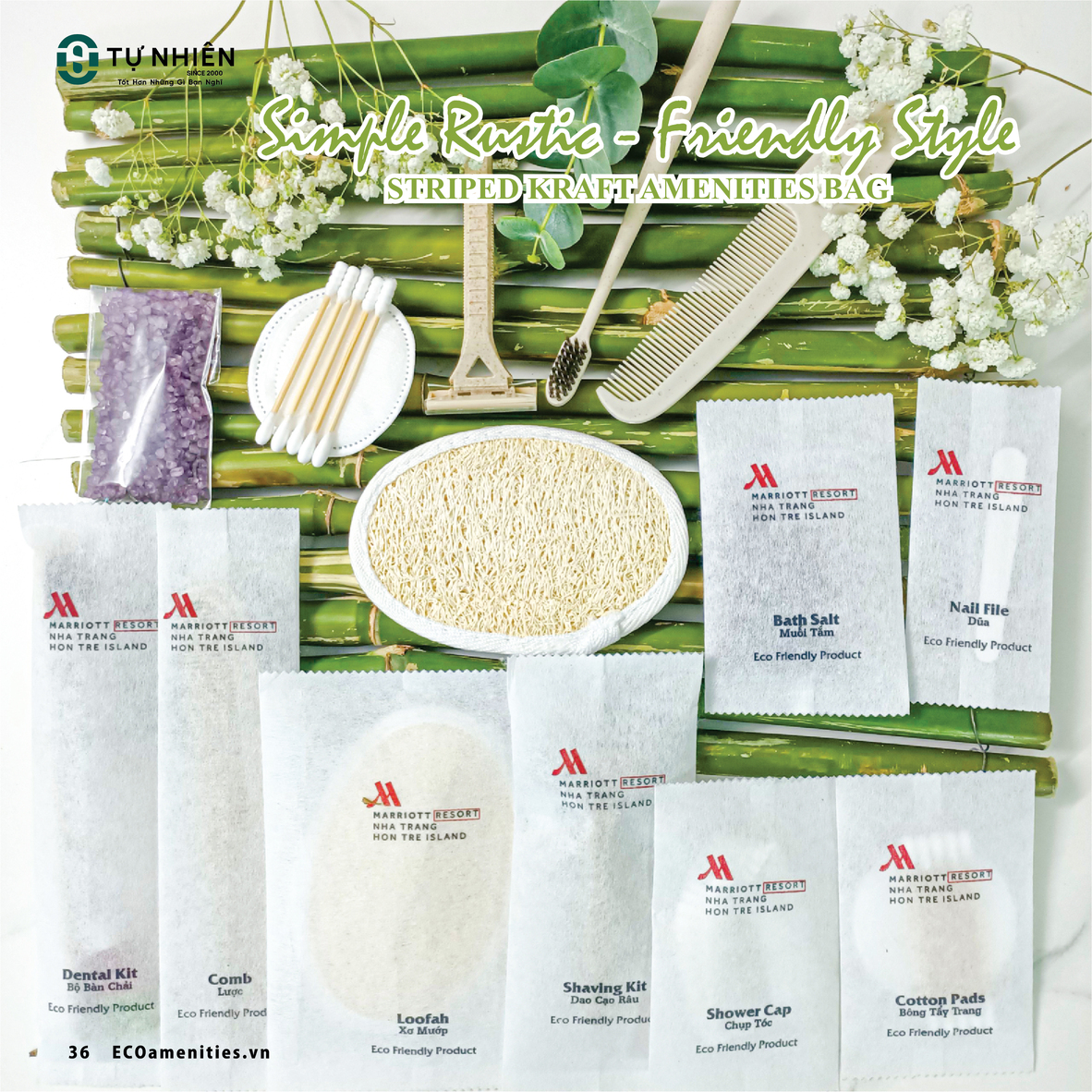
To ensure the continued growth of Vietnamese natural cosmetic suppliers, there are several solutions that can be implemented to support this industry.
1. Government Support and Policies
The Vietnamese government can play a crucial role in supporting natural cosmetic suppliers by implementing policies and providing financial support to improve infrastructure and facilitate market access. This could include funding for research and development, training programs, and trade agreements with other countries.
2. Collaborations and Partnerships
Collaborating with larger corporations or forming partnerships with other natural cosmetic suppliers can help Vietnamese businesses expand their reach and access new markets. This can also create opportunities for knowledge-sharing and innovation within the industry.
3. Education and Awareness
Educating consumers about the benefits of natural cosmetics and the importance of supporting local businesses can help increase demand for Vietnamese suppliers' products. This can be done through marketing campaigns, partnership with hotels, and educating tourists about the traditional uses of natural ingredients in Vietnam.
The Future of Sustainable Hotel Amenities
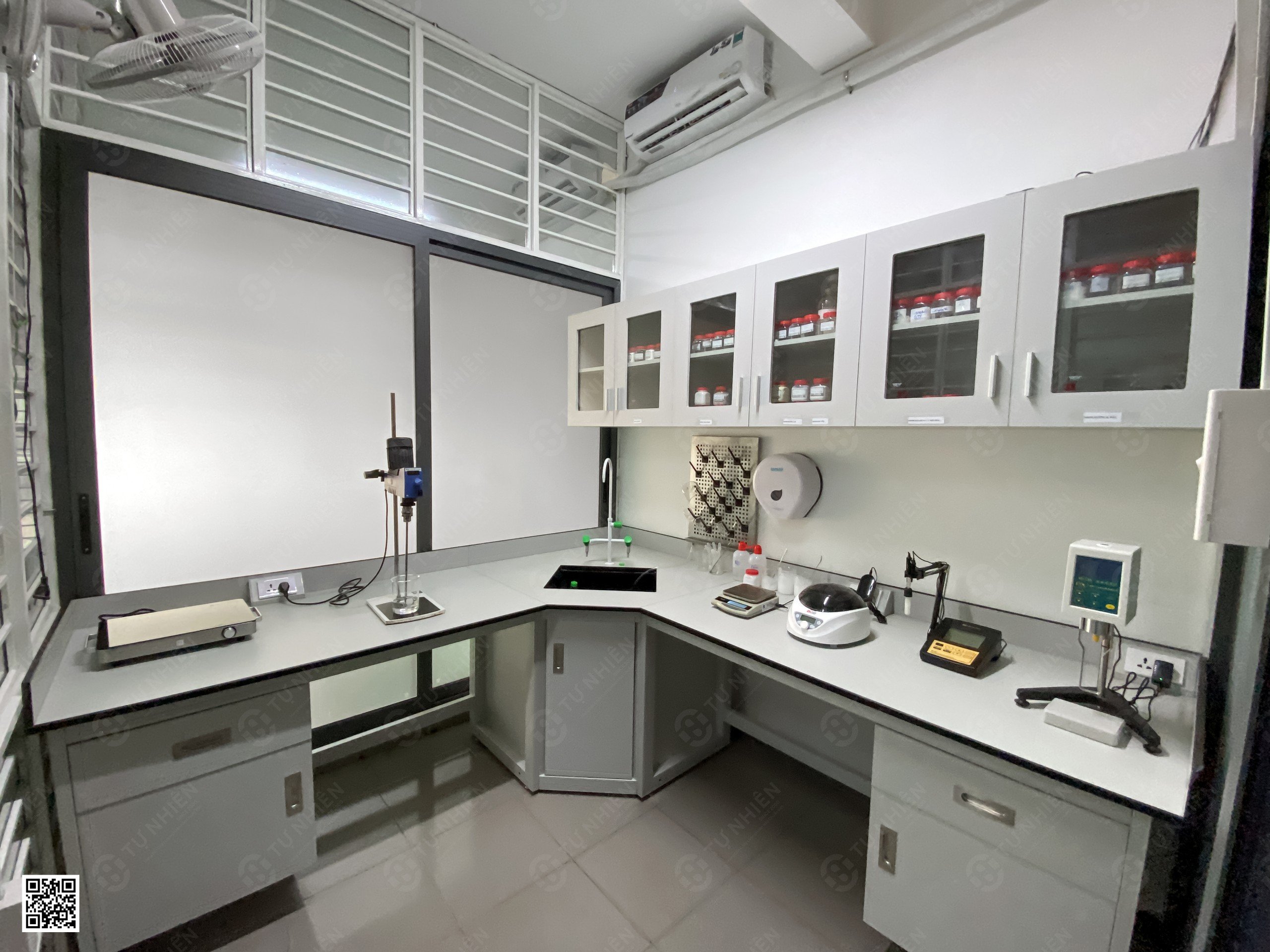
The demand for sustainable and eco-friendly amenities is only going to increase in the future. As more people become aware of the impact of their choices on the environment, they will expect hotels to provide environmentally friendly options. This presents a great opportunity for Vietnamese natural cosmetic suppliers to expand and grow their businesses.
With the right support and strategies, Vietnamese suppliers can become key players in the global market for natural cosmetics. By promoting sustainability, supporting local communities, and providing unique and authentic experiences for guests, these suppliers are shaping the future of sustainable hotel amenities.
Conclusion
Vietnamese natural cosmetic suppliers have emerged as leaders in the production of natural and eco-friendly cosmetics, driven by the country's rich biodiversity and traditional knowledge. These suppliers offer numerous benefits for hotels, including environmentally friendly products, healthier options for guests, and support for local communities.
However, these suppliers also face challenges such as limited market access and competition from larger corporations. To support the growth and sustainability of this industry, it is important for the Vietnamese government to provide support and implement policies that facilitate infrastructure development and market access.
As the demand for sustainable products continues to rise, the role of Vietnamese natural cosmetic suppliers will only become more significant in shaping the future of sustainable hotel amenities. By embracing these suppliers and their products, hotels can contribute to a more sustainable and responsible tourism industry.

